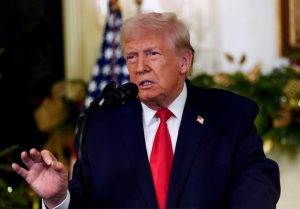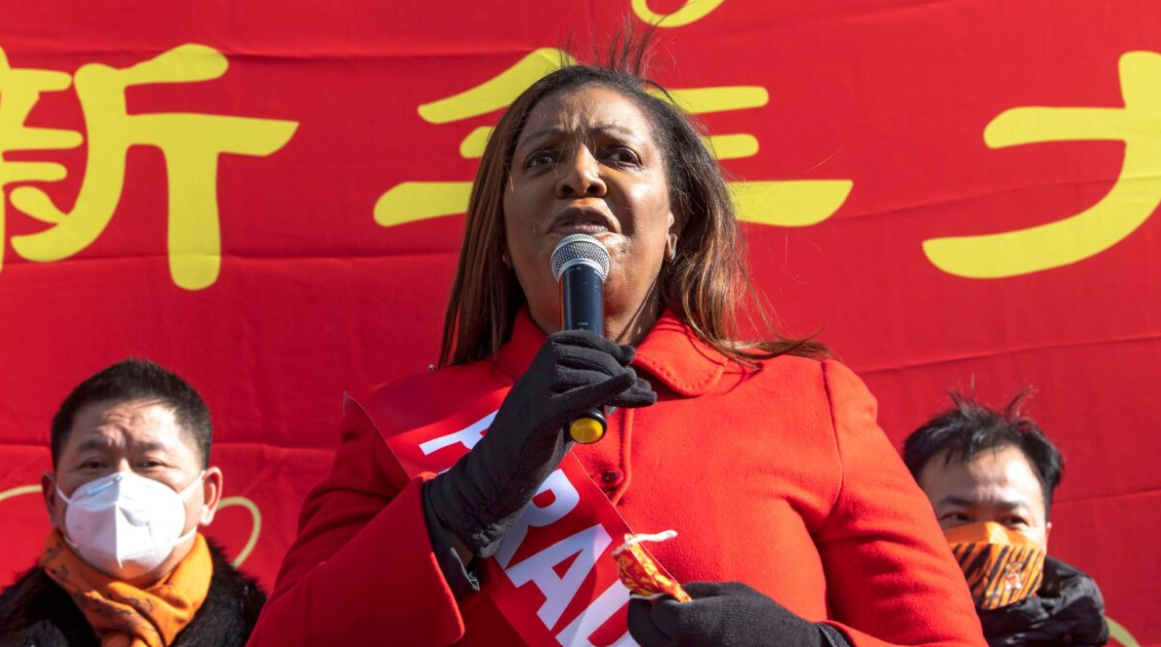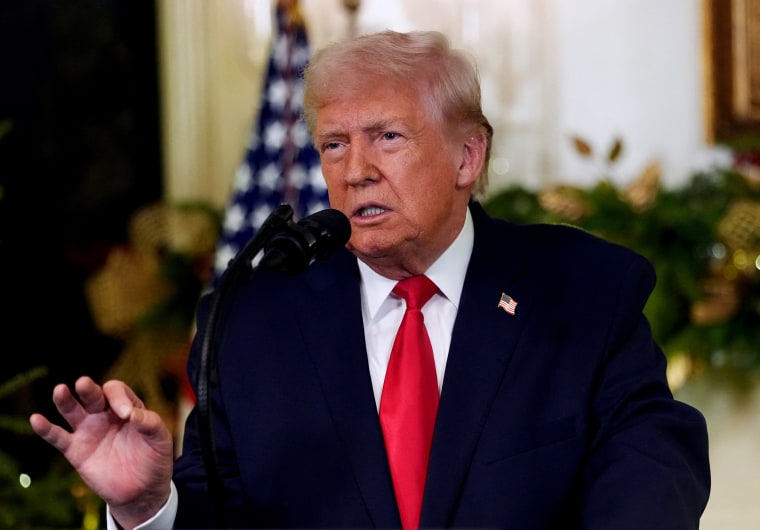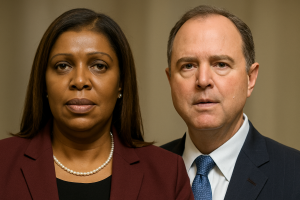New York Appeals Court Overturns $515 Million Trump Fraud Judgment, Keeps Business Restrictions
In a major legal development, a New York appeals court on Thursday struck down the massive $515 million civil fraud judgment against former President Donald Trump, significantly altering the trajectory of one of the highest-profile cases against him. However, the court upheld key restrictions on Trump’s business activities in New York, leaving the former president with ongoing legal challenges.
Background of the Case
The case originated from a lawsuit filed by New York Attorney General Letitia James, accusing Trump of inflating the value of his assets to secure favorable terms from lenders and insurers. James initially sought $370 million in damages and called for Trump and his two eldest sons to be banned from running any businesses in the state.
Following a contentious trial, Judge Arthur Engoron ruled against Trump earlier this year, imposing a staggering $355 million penalty plus interest, bringing the total to over $515 million. Engoron also barred Trump from serving as an officer or director of any New York-based corporation for three years, stating that Trump and his associates engaged in a conspiracy to commit insurance fraud through falsified valuations.
Appeals Court Decision
On Thursday, the First Judicial Department of the New York Supreme Court’s Appellate Division vacated the financial judgment, citing legal and procedural grounds for overturning the penalty. The reversal spares Trump from an immediate financial hit that had previously threatened to disrupt his business empire.
However, the court declined to remove all restrictions, leaving in place injunctive orders that limit Trump’s ability to operate businesses in New York. This means that while Trump no longer faces the $515 million penalty, his corporate governance rights remain curtailed for now.
Attorney General’s Response
Following the ruling, Attorney General Letitia James issued a strong statement reaffirming her office’s commitment to pursuing the case.
“The First Department today affirmed the well-supported finding of the trial court: Donald Trump, his company, and two of his children are liable for fraud,” James said. “The court upheld the injunctive relief we won, limiting Donald Trump and the Trump Organization officers’ ability to do business in New York. It should not be lost to history: yet another court has ruled that the president violated the law.”
James confirmed her intention to appeal the decision to New York’s highest court, the Court of Appeals, signaling that the legal fight is far from over.
Trump’s Position
Trump and his legal team have long maintained that the original judgment was politically motivated and excessive. They argued that the lawsuit targeted Trump unfairly, pointing out that no financial institutions suffered losses as a result of the disputed valuations.
The former president celebrated Thursday’s decision as a “total victory” in public statements, framing the ruling as evidence of what he calls a politically charged “witch hunt.”
What Happens Next?
The Court of Appeals will now have the final say on whether liability findings and injunctive restrictions remain in place or are further modified. Until then, Trump remains under operational constraints in New York, even without the looming financial judgment.
This civil fraud case is just one of several legal battles Trump faces, many of which carry significant implications for his political ambitions and business empire. With the attorney general pledging to pursue the case aggressively, this legal saga is far from over.
Bottom Line
The appeals court’s decision to overturn the $515 million penalty represents a major legal win for Trump but stops short of a complete exoneration. The ongoing restrictions on his business operations—and the possibility of a renewed fight in the state’s highest court—ensure this high-stakes case remains a focal point in Trump’s ongoing legal and political battles.

James Jenkins is a celebrated Pulitzer Prize-winning author whose work has reshaped the way readers think about social justice and human rights in America. Raised in Atlanta, Georgia, James grew up in a community that instilled in him both resilience and a strong sense of responsibility toward others. After studying political science and creative writing at Howard University, he worked as a journalist covering civil rights issues before dedicating himself fully to fiction. His novels are known for their sharp, empathetic portraits of marginalized communities and for weaving personal stories with broader political realities. Jenkins’s breakout novel, Shadows of Freedom, won national acclaim for its unflinching look at systemic inequality, while his more recent works explore themes of identity, resilience, and the fight for dignity in the face of oppression. Beyond his novels, James is an active public speaker, lecturing at universities and participating in nonprofit initiatives that support literacy and community empowerment. He believes that storytelling is a way to preserve history and inspire change. When not writing, James enjoys jazz music, mentoring young writers, and traveling with his family to explore cultures and stories around the world.









